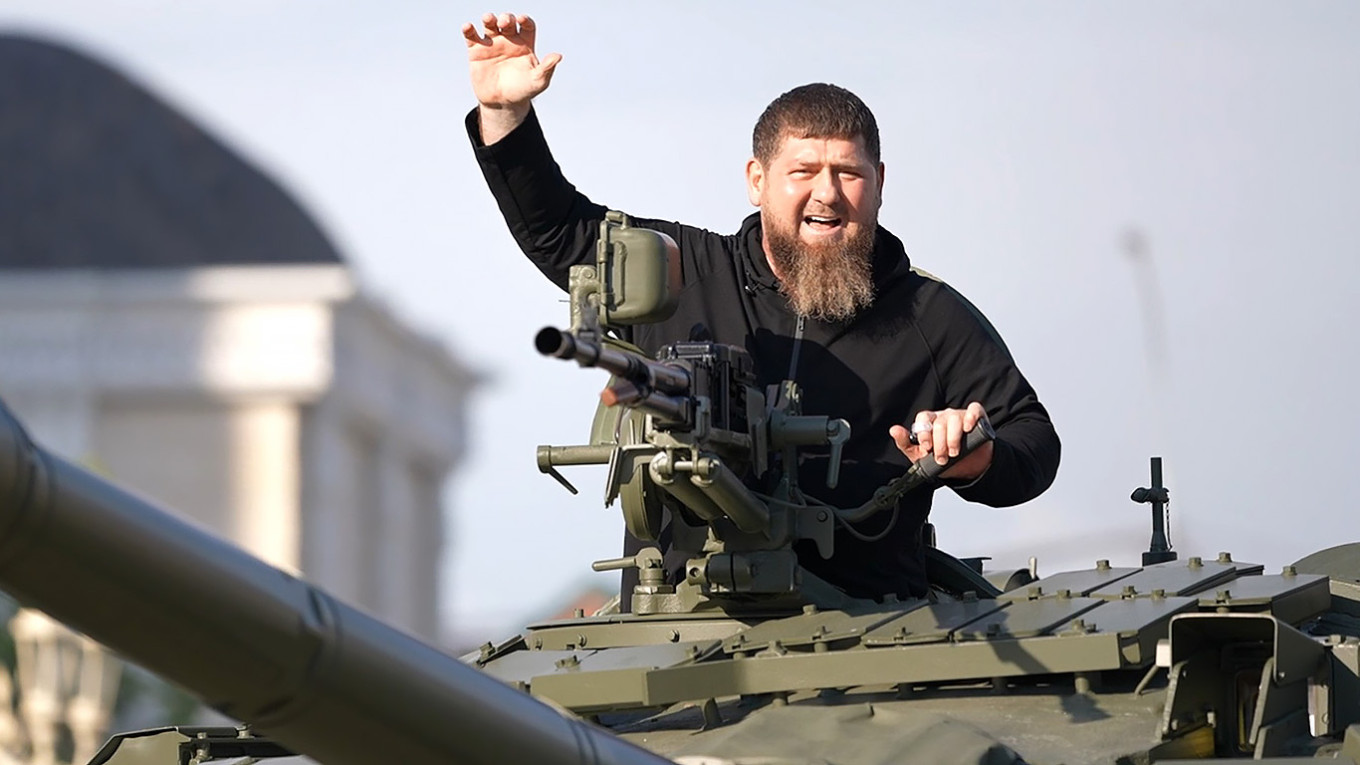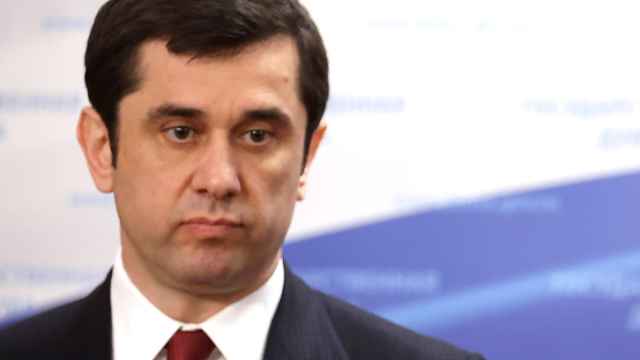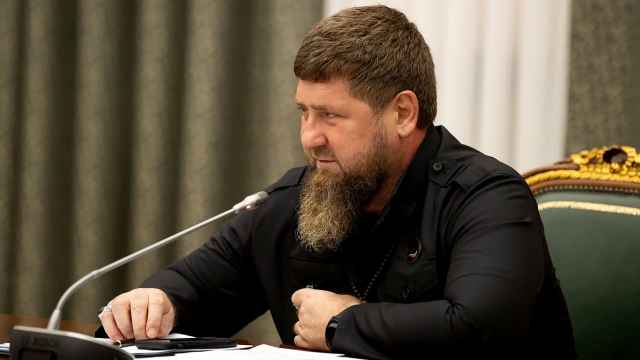Chechnya is a republic where civil and religious laws mix with ancient customs. Despite Russian influence through governmental authority, people in Chechnya often continue to apply Adat (Chechen customary law) or Islamic Sharia law to resolve civil matters. These customs have burst back into the headlines after Chechen leader Ramzan Kadyrov declared a blood feud against three federal lawmakers from neighboring republics.
Blood feuds have been a fundamental part of Chechen society since ancient times, and persist thanks to a lack of trust in Russia’s justice system and the strong role religion continues to play. Traditionally, these feuds involve only men of legal age, as women are neither the subjects nor the targets of this custom. Common reasons for initiating a blood feud are murder or rape.
The key distinction between blood feuds in Adat and Sharia is that under Adat, all male members of the offender’s family can be considered targets whereas only the actual perpetrator of a murder can be killed under Sharia. The processes also differ: under Adat, the elders or head of the aggrieved family formally declare a blood feud to the elders of the murderer’s family. Meanwhile, a full trial is conducted under Sharia and the death penalty is applied if the victim’s family does not forgive the murderer.
During the period of Soviet rule, the state-imposed death penalty for murder rendered the tradition of blood feuds largely obsolete. Instead, the tradition was often used as a means for reconciliation, with elders mediating and encouraging forgiveness between families.
However, the Chechen wars of the 1990s and 2000s had a significant impact on the region’s traditions. Primarily, this was due to the impunity for war crimes Moscow granted to Russian soldiers despite the massacres committed across the republic which led some Chechens to seek vengeance for these crimes through “blood feuds,” even if they did not follow the tradition by the letter.
One notable case is the 2011 assassination in Moscow of Yuri Budanov, a former Russian army colonel who had been convicted of the brutal 2000 murder of Elza Kungayeva, an 18-year-old Chechen woman. Yusup Temerkhanov, a native Chechen, was later convicted of Budanov’s killing. Temerkhanov’s family claimed that his actions were motivated by the killing of his father by Russian soldiers during the Chechen Wars. Temerkhanov was sentenced to 15 years in prison and was hailed as a martyr by many in the North Caucasus after he died under suspicious circumstances in 2018.
At the same time, the institution of blood feuds has increasingly become a personal tool for Chechen authorities. At the dawn of Ramzan Kadyrov’s political career, he justified his fight against Chechen combatants by invoking the tradition. Kadyrov framed his battle against guerrilla fighters as a personal duty to avenge his father’s death, portraying it not only as a political or military campaign but also as fulfilling an ancient Chechen custom. This manipulation of tradition served to align his personal and clan interests with broader political goals. His fight against Chechen resistance was supported by the Russian government – although some suspect that the Kremlin may have had a hand in his father’s assassination, as the case was never properly investigated, and the perpetrators were never found.
Following the mysterious and highly suspicious assassinations of the Yamadaev brothers – both influential pro-Kremlin Chechen commanders – in 2008 and 2009, Kadyrov and his family consolidated their power, becoming the sole rulers of Chechnya. While Ramzan Kadyrov has consistently denied any involvement, their feud was part of a larger struggle for control and influence in post-war Chechnya.
In 2010, Kadyrov established the Committee for the Struggle Against Blood Feuds, allegedly marking a change in his views on the tradition. However, if there was a change, it did not seem to affect his political behavior. Kadyrov and his subordinates intermittently issued threats against political critics, human rights activists and independent journalists who were frequently attacked, tortured or even assassinated. These actions, aimed at those considered enemies of his regime, were regularly justified by the Kremlin as part of its broader counter-terrorism efforts.
What makes Kadyrov’s most recent declaration of a blood feud especially surprising is that it was directed at federal deputies, including the famous Dagestani billionaire Suleyman Kerimov.By invoking blood feud traditions in this power struggle over Russia’s largest online retailer, Kadyrov is attempting to assert himself as a player at a new level in Putin’s Russia, positioning himself not merely as an enforcer but as an influential member of the elite.
Ultimately, the tradition of blood feuds in Chechnya has been monopolized and manipulated by Kadyrov, becoming a prime part of his rule.
It is difficult to predict the future of the blood feud tradition in the region. Currently, the practice persists primarily in Chechnya, Ingushetia and Dagestan, rather than across the entire North Caucasus, largely as a result of the aftermath of the Chechen wars. The tradition is being maintained more by the actions of the local authorities than by the will of the general population.
The concept of blood feuds, rooted in the ancient principle of taking an eye for an eye has no place in a modern, civil and humane society. Thankfully the availability and accessibility of civil institutions of power and justice, combined with the influence of global culture and technological progress, are diminishing the reliance on traditional systems among Chechen youth thanks to the crucial role of education
In conjunction with this, Chechens are striving to preserve the positive aspects of their traditions, using them to resolve local disputes and maintain a degree of independence from Russian governance. By relying on customary and religious systems like Adat and Sharia, they attempt to address issues within their communities, limiting reliance on state institutions, which are often seen as corrupt or distant.
A Message from The Moscow Times:
Dear readers,
We are facing unprecedented challenges. Russia's Prosecutor General's Office has designated The Moscow Times as an "undesirable" organization, criminalizing our work and putting our staff at risk of prosecution. This follows our earlier unjust labeling as a "foreign agent."
These actions are direct attempts to silence independent journalism in Russia. The authorities claim our work "discredits the decisions of the Russian leadership." We see things differently: we strive to provide accurate, unbiased reporting on Russia.
We, the journalists of The Moscow Times, refuse to be silenced. But to continue our work, we need your help.
Your support, no matter how small, makes a world of difference. If you can, please support us monthly starting from just $2. It's quick to set up, and every contribution makes a significant impact.
By supporting The Moscow Times, you're defending open, independent journalism in the face of repression. Thank you for standing with us.
Remind me later.








